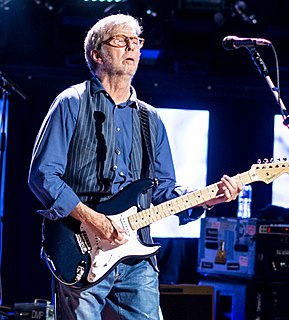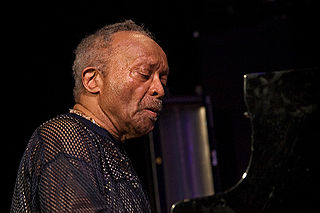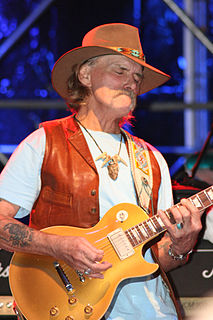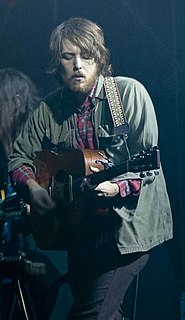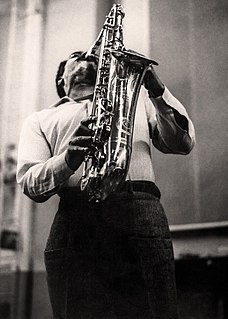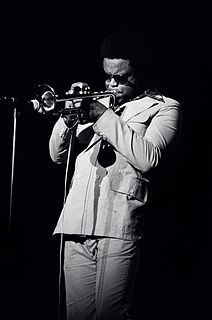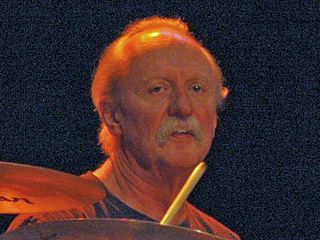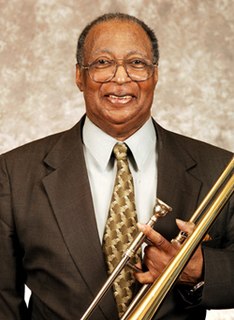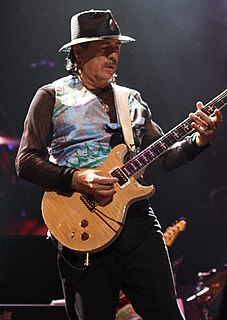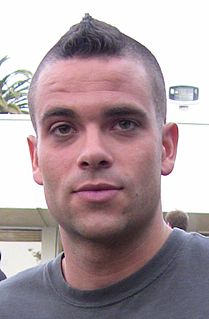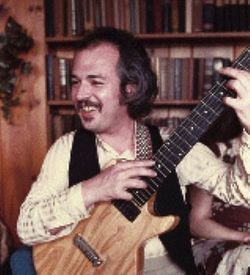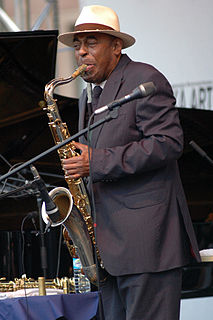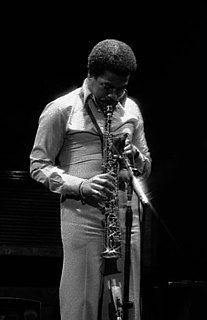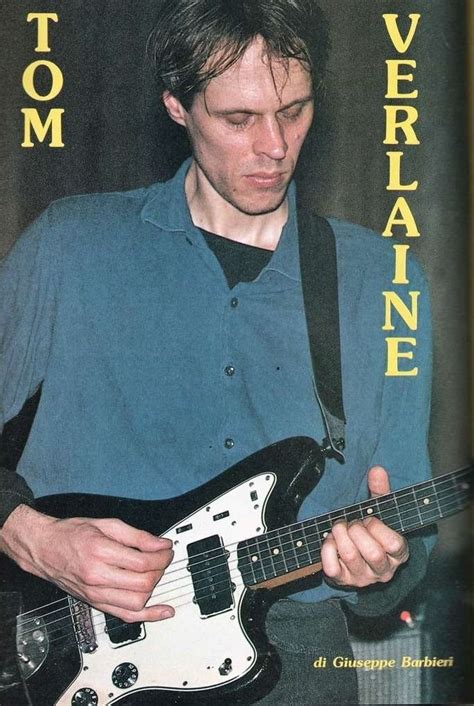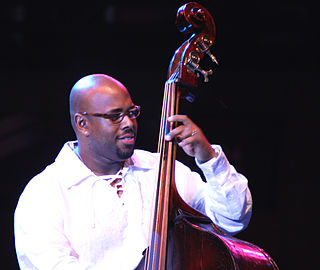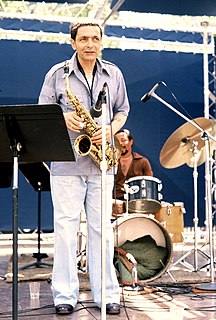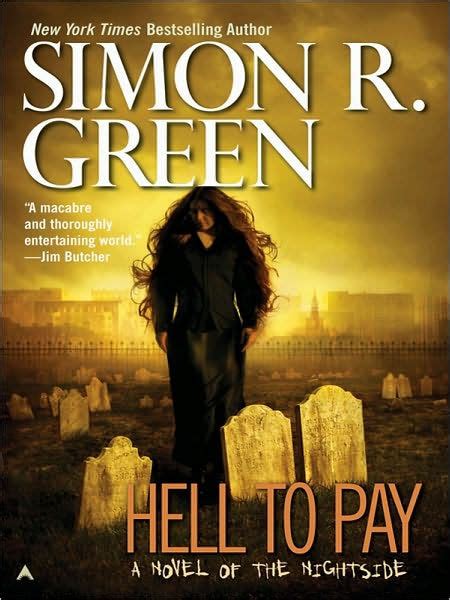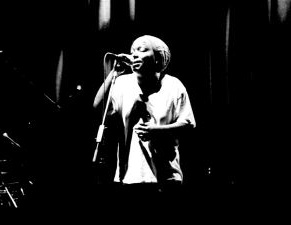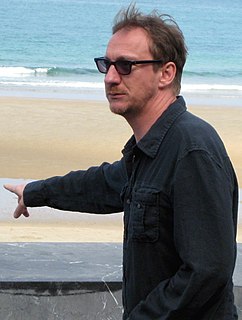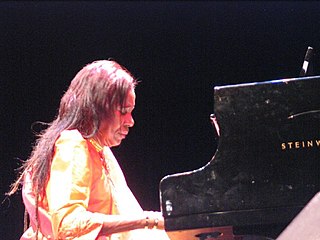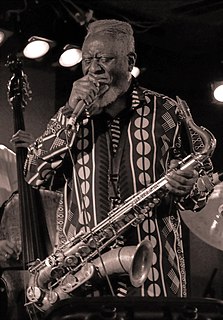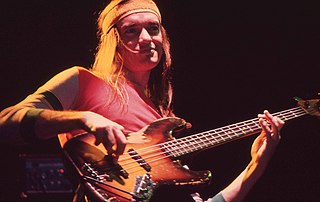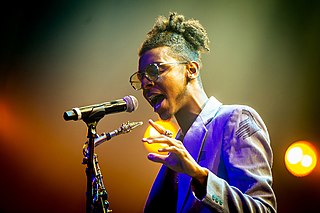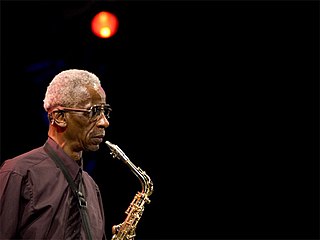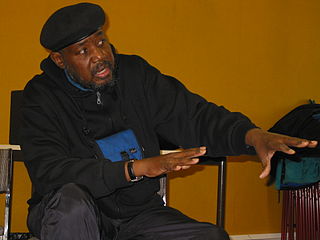Top 124 Coltrane Quotes & Sayings - Page 2
Explore popular Coltrane quotes.
Last updated on April 16, 2025.
When you're playing the part of a saxophone or a trumpet player, both of which I have done, it would be nice to be able to play like John Coltrane, but you can't. Your job is to do something else. And I'm not sure what it is, but I don't think I'd be acting Niels Bohr any better if I went and studied physics for five years.
Speaking for myself I have influenced with lots of John Coltrane, Van Morrison, Joanna Newsom, Mississippi Records compilations, Simon & Garfunkel, Duncan Browne, Judee Sill, Sublime Frequencies releases, Ali Farka Touré, John Fahey, Flower Travellin' Band, Sagittarius, Toumani Diabaté, Philip Glass, lots of different stuff.
John [Coltrane] was like a visitor to this planet. He came in peace and he left in peace; but during his time here, he kept trying to reach new levels of awareness, of peace, of spirituality. That's why I regard the music he played as spiritual music -- John's way of getting closer and closer to the Creator.
But you listen to Coltrane and that's something human, something that's about elevation. It's like making love to a woman. It's about something of value, it's not just loud. It doesn't have that violent connotation to it. I wanted to be a jazz musician so bad, but I really couldn't. There was no way I could figure out to learn how to play.
Find a beautiful piece of art. If you fall in love with Van Gogh or Matisse or John Oliver Killens, or if you fall love with the music of Coltrane, the music of Aretha Franklin, or the music of Chopin - find some beautiful art and admire it, and realize that that was created by human beings just like you, no more human, no less.
Don't make the mistakes I made of not taking care of myself. Please, keeps your chops cool and don't overblow. If you are going to play hard, be sure to warm up. I'd get carried away trying to stay right with the momentum [of Art Blakey and the Jazz Messengers]. I used to try and play like Coltrane and solo for 30 or 40 choruses. It all caught up with me.
It was Miles Davis who took me to New York, and Coltrane was in the band, as well as Paul Chambers, Philly Jo Jones. 'Trane took me aside, and, of course, we did Blue Trane, which was my first album-and that started everything. He had confidence that I didn't have; he saw something that I didn't see.
John Coltrane is still probably one of the greatest musicians of this century. His tone truly puts demons on a leash. His gift is directly from the mind of God and is very powerful. ..... The first time I heard a Love Supreme, it was really an assault. It could've been from mars as far as i was concerned, or another galaxy.
I remember the album cover and the name, but the music didn't fit into the patterns of my brain at that point. It was like someone trying to tell a monkey about spirituality or computers, you know, it just didn't compute.
Listen to John Coltrane enough and after two bars, just two bars at any place, and you know that's him. We all have signature things that happen to be similar that you can predict and you try to stay away from that except the rhythms: those pauses, they're part of my signature, the part where I know when I say nothing, I already painted enough, led enough and I don't even have to say anything. But those pauses don't belong to me. Jack Benny was one of the first guys in comedy to make the anticipation so great that during the pause people start to laugh before the execution.
The way so many musicians slavishly imitated Coltrane, that's the way it was with Charlie Parker - only even more so, if that can be imagined. Everyone that I knew changed totally. But they took the worst things of his playing-that harsh sound; it just didn't come off the way they did it. The way he did it was great, Their way wasn't good at all. I just would listen to 'em, say: 'That's a Bird imitator', and that would be it; I would never care to listen to them again.
It's interesting to get older and realize that part of your job growing up in this profession is to help the next generation. More and more, with Boyhood and with Ellar Coltrane and with Emma [Watson], I start to see that role. There's no better way. Nobody wants advice, so you can't really give it. You just have to try to wish them well on their journey.
I remember when A love Supreme was released - I heard it at a friends house. ... Man it was incredible. That record sounded different than the rest. I was trying to gather my spirituality together, trying to get an understanding of life ..... I felt Coltrane was the first musician who made a transition from one side to the other.
Jazz musicians like John Coltrane needed these very clear titles for their abstract music, and your decision to bring voices into your music as a way to tap into content. It's related to the way my text-based work still functions as abstraction for me. If I repeat a sentence down a canvas, the text starts to smudge and disappear. It essentially becomes an abstract piece. The meaning of the text is still there.
My father was a jazz tenor sax player. He played in a lot of big bands. So I had that sound around me all the time. The first record that really caught my ear was Clifford Brown's 'Brownie Eyes.' I grew up listening to John Coltrane and Illinois Jacquet. This is where I come from... I love improvisational music.
My thing was, I loved music. I played music: I played the saxophone. So the little bit of music knowhow I had, I tried to implement that in every thing I did, from my style, my cadence, the way I tried to pause and stagnate it; that all came from John Coltrane and listening to jazz albums. Trying to rhyme like a jazz player.
I don't consider myself a musician who has achieved perfection and can't develop any further. But I compose my pieces with a formula that I created myself. Take a musician like John Coltrane. He is a perfect musician, who can give expression to all the possibilities of his instrument. But he seems to have difficulty expressing original ideas on it. That is why he keeps looking for ideas in exotic places. At least I don't have that problem, because, like I say, I find my inspiration in myself.
It was so interesting, when [John Coltrane] created A Love Supreme. He had meditated that week. I almost didn't see him downstairs. And it was so quiet! There was no sound, no practice! He was up there meditating, and when he came down he said, "I have a whole new music!" He said, "There is a new recording that I will do, I have it all, everything." And it was so beautiful! He was like Moses coming down from the mountain. And when he recorded it, he knew everything, everything. He said this was the first time that he had all the music in his head at once to record.
This is a tradition of resistance to the term that's as old as the term itself, especially because that term has been used to commodify and reduce black creativity, and also to appropriate and sell it. That's what John Coltrane said in an interview with a Japanese journalist: "Jazz is a word they use to sell our music, but to me that word does not exist." And he's treated as one of the central figures in the history of jazz. So if he rejected it, then why is it weird when I do it? I'm in the tradition!
I have learned as much about writing about my people by listening to blues and jazz and spirituals as I have from reading novels. The understatements in the tenor saxophone of Lester Young, the crystal, haunting, forever searching sounds of John Coltrane, and the softness and violence of Count Basie's big band - all have fired my imagination as much as anything in literature.
I am the flying saucer man from another world trapped on yours until they come to rescue me. One day the saucer will land. Jimi Hendrix and John Coltrane will open the hatch and tell me to get in before someone tries to blow up the ship. I'll just ask what took them so long. Within seconds we'll be out of here.
I'm not a star. I'll never be a Frank Sinatra or Elvis Presley or a Ray Charles. I'm just an imitator, man. I'm doing a very bad imitation on the bass of Jerry Jemmott, Bernard Odum, Jimmy Fielder, Jimmy Blanton, Igor Stravinsky, Jimi Hendrix, John Coltrane, James Brown, Charlie Parker... the cats, man. I'm just backing up the cats.
I think the important thing to understand first and foremost about Michael Jackson is that he was the international emblem of the African American blues spiritual impulse that goes back through slavery - Jim Crow, Jane Crow, up to the present moment, through a Louis Armstrong, through a Ma Rainey, through a Bessie Smith, all the way to John Coltrane, Aretha Franklin and Nina Simone.
Well, you know, the first step I took was to drop the alto and baritone and concentrate on tenor exclusively, a decision I've never really looked back on with any regret. Another thing was that I was 17 when I moved up there, and my listening had really focused on freer music in the previous couple of years- Coltrane was playing with his expanded group, and everyone was listening closely to that, and we were into Shepp and Ayler as well.
A respectable-sized audience hasn't really been able to follow developments in jazz since the free jazz movement in the '60s. Some of them can't even get with John Coltrane. Audiences are diminishing more and more rapidly. Some of the top young musicians with something new to say can't get record companies to put out their stuff.



